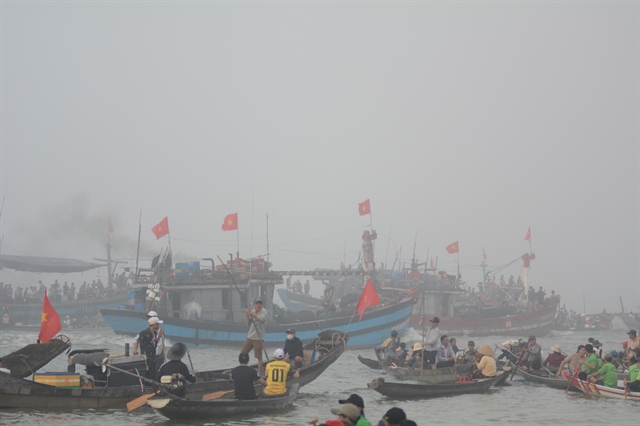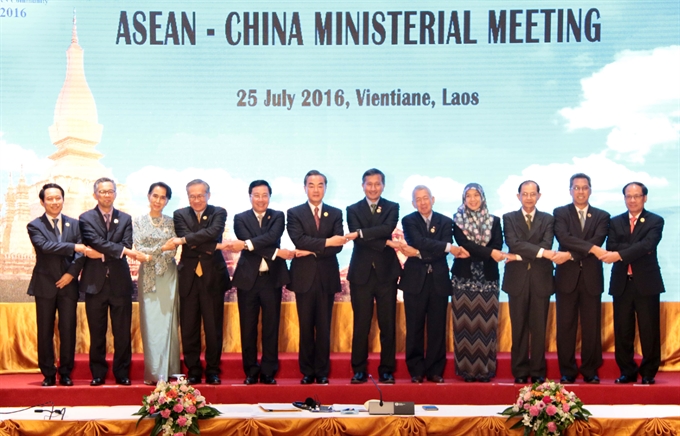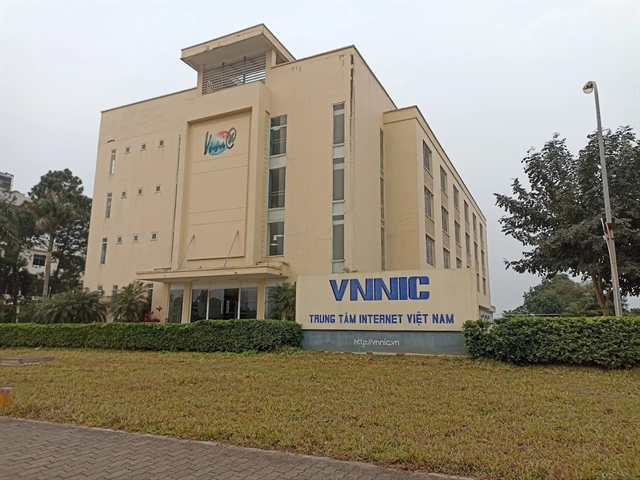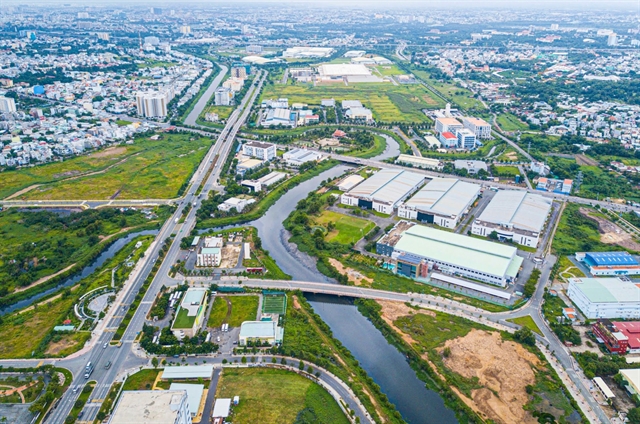 Politics & Law
Politics & Law

The 49th ASEAN Foreign Ministers’ Meeting (AMM 49) released a joint communiqué in Vientiane, Laos yesterday highlighting the ministers’ concerns over recent and ongoing developments in the South China Sea.
 |
| Foreign ministers of ASEAN member states and China at the ASEAN-China Ministerial Meeting in Vientiane, Laos. — VNA/VNS Photo |
LAOS, Vientiane — Foreign ministers of ASEAN member states and China issued their joint statement on the full and effective implementation of the Declaration on the Conduct of Parties in the East Sea (internationally known as South China Sea) in Vientiane yesterday.
The statement said ASEAN member states and China acknowledge that maintaining peace and stability in the South China Sea region serves the fundamental interests of ASEAN Member States and China (“the Parties”) as well as the international community.
All parties pledged to commit to the full and effective implementation of the DOC in its entirety and working substantively towards the early adoption of a Code of Conduct in the South China Sea (COC) based on consensus.
All parties reaffirmed their respect for and commitment to the freedom of navigation in and over - flight above the South China Sea as provided for by the universally recognised principles of international law, including the 1982 UNCLOS.
ASEAN member states and China agreed to resolve their territorial and jurisdictional disputes by peaceful means, without resorting to the threat or use of force, through friendly consultations and negotiations by sovereign states directly concerned.
All parties undertook to exercise self-restraint in the conduct of activities that would complicate or escalate disputes and affect peace and stability including, among others, refraining from action of inhabiting on the presently uninhabited islands, reefs, shoals, cays, and other features and to handle their differences in a constructive manner.
ASEAN’s stand
The 49th ASEAN Foreign Ministers’ Meeting (AMM 49) released a joint communiqué in Vientiane, Laos earlier on Sunday highlighting the ministers’ concerns over recent and ongoing developments in the South China Sea.
The joint communiqué took note of the concerns expressed by some ministers on the land reclamations and escalation of activities in the area, which have eroded trust and confidence, increased tensions and may undermine peace, security and stability in the region. It reaffirmed the importance of maintaining and promoting peace, security, stability, safety and freedom of navigation in and over - flight above the South China Sea.
The ministers emphasised the importance of non-militarisation and self-restraint in the conduct of all activities, including land reclamation that could further complicate the situation and escalate tensions in the South China Sea.
It also underscored the importance of the full and effective implementation of the DOC in its entirety, and while noting the momentum and new phase of consultations, urged all parties to work expeditiously for the early adoption of an effective COC.
The ministers reiterated the need to establish hotline to manage maritime emergencies in the South China Sea and the adoption of a joint statement on the observance of the Code for Unplanned Encounters at Sea (CUES) in the South China Sea as practical measures that could reduce tensions, and the risks of accidents, misunderstandings and miscalculation.
Rule-based system
In light of recent development US Secretary of State John Kerry stressed the importance of complying with a rule-based international system in a meeting with his counterparts from South East Asia.
Kerry met with the foreign ministers from the 10 members of ASEAN in Vientiane yesterday and made no direct mention of the tensions in South China Sea. But, he did praise ASEAN generally for speaking up for "a rule-based international system that protects the rights of all nations whether big or small."
Kerry wrapped up brief public remarks by noting "how much can be accomplished when we work together, invest in the future, and perhaps most importantly support the rule-based system that has led to steadily increased peace and prosperity for nearly 50 years now." — VNA/AP/VNS




